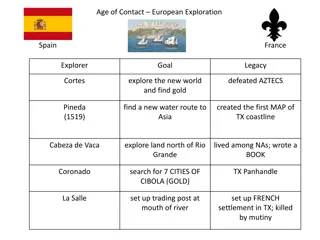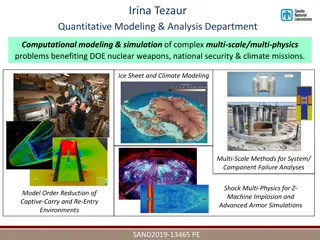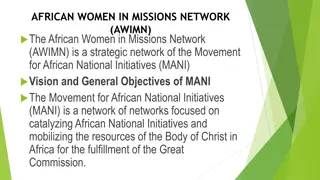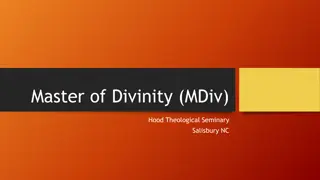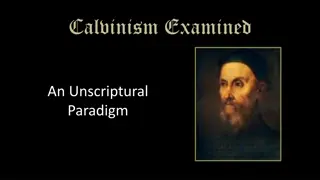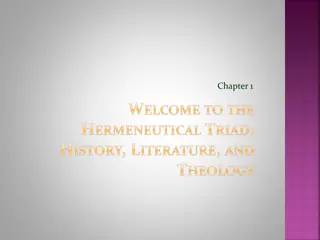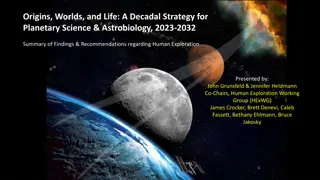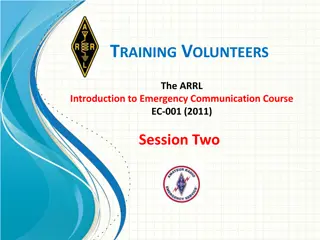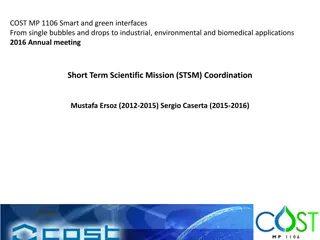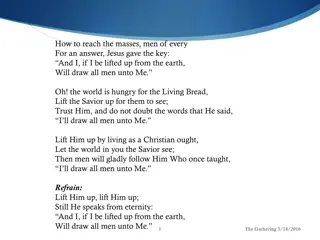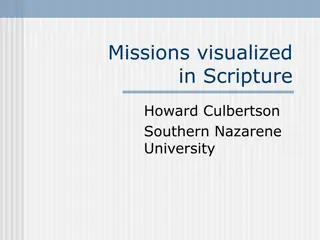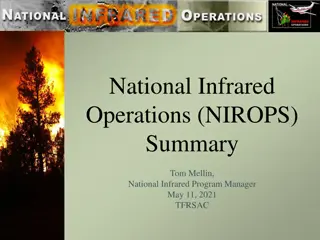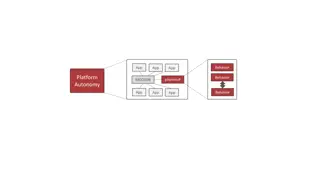Trends in Theology of Missions: A Comprehensive Overview
Explore seven key trends in the theology of missions based on Alan Tippet's work, including viewpoints on God as creator, power encounter theology, indigeneity, social change, corporate group theology, contextualization, and missionary training. These trends address crucial aspects in modern missiology and highlight essential considerations for effective mission work in diverse cultural contexts.
Download Presentation

Please find below an Image/Link to download the presentation.
The content on the website is provided AS IS for your information and personal use only. It may not be sold, licensed, or shared on other websites without obtaining consent from the author. Download presentation by click this link. If you encounter any issues during the download, it is possible that the publisher has removed the file from their server.
E N D
Presentation Transcript
Seven trends in the theology of missions Built on material in Introduction to Missiology by Alan Tippet
New trends 1. Taking a new look at the theology of God as creator A clearly enunciated doctrine of Yahweh as creator is vital where people have worshipped other gods Insistence that the Creator God is alive and is still creating and providing
New trends 2. Developing a theology of power encounter
New trends 3. Discovering new aspects of the theology of indigeneity 1840 s: Henry Venn A church is indigenous When it is culturally a part of its own world When its witness is relevant in meeting the needs of its congregation and the world around it When its physical form and operating structures are suitable for the culture When it acts on its own initiative by doing ministries arising from local needs and crises and in missionary outreach When it is aware of its own theological identity
New trends 4. Formulating a theology of social change Culture clash versus culture contact Change processes Modernization Urbanization Mobility / Immigration
New trends 5. Rediscovering a theology of the corporate group Western individualism and competitiveness
New trends 6. Allowing a theology of contextualization to emerge Levels in which contextualization takes place Communication of the Gospel Processes of conversion / discipleship Church formation Leadership selection and styles Christian ethics
New trends 7. Demanding a new theology of missionary training Implications of our ecclesiology Recognition of globalization / glocalization issues
This PowerPoint presentation is available along with related materials and other PowerPoint presentations at http://home.snu.edu/~hculbert/ppt.htm


